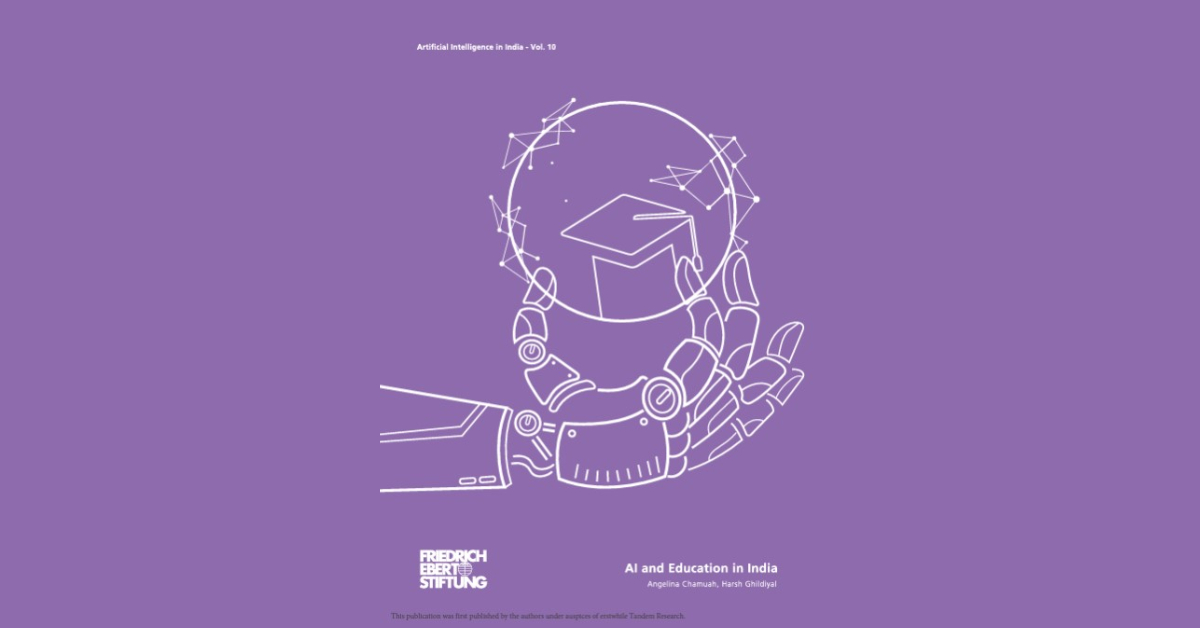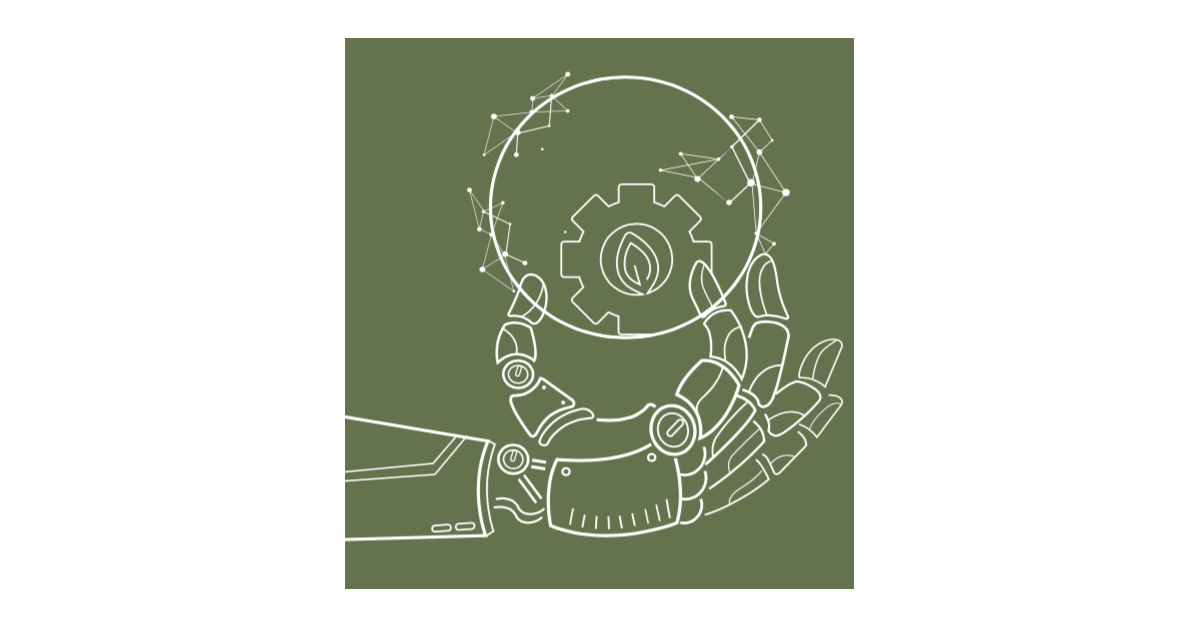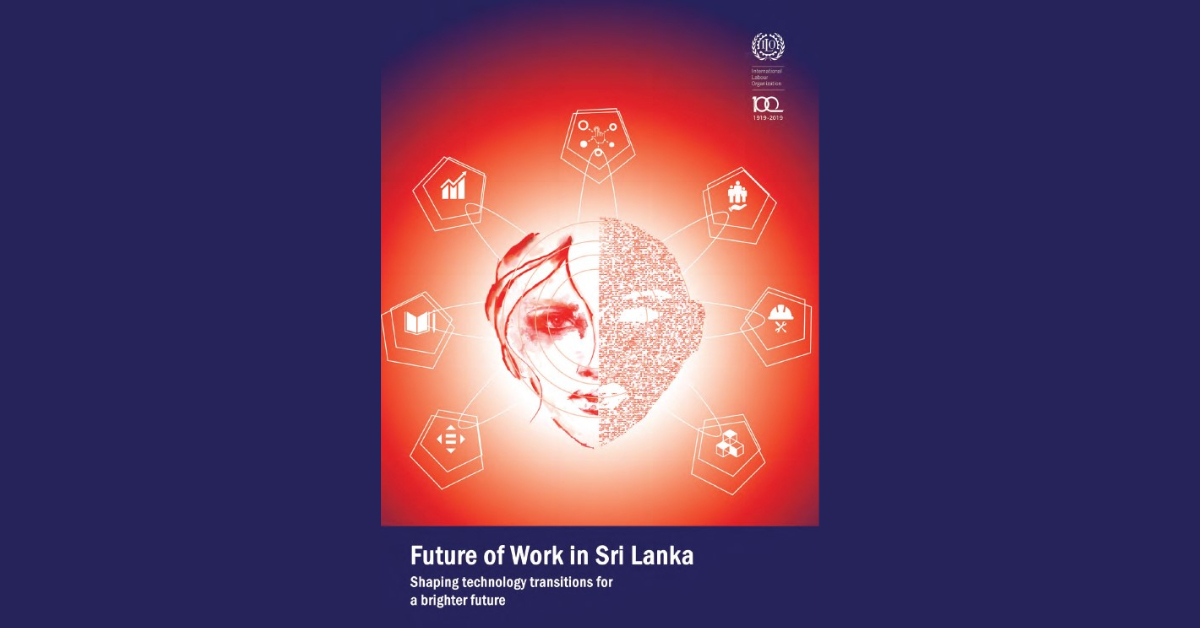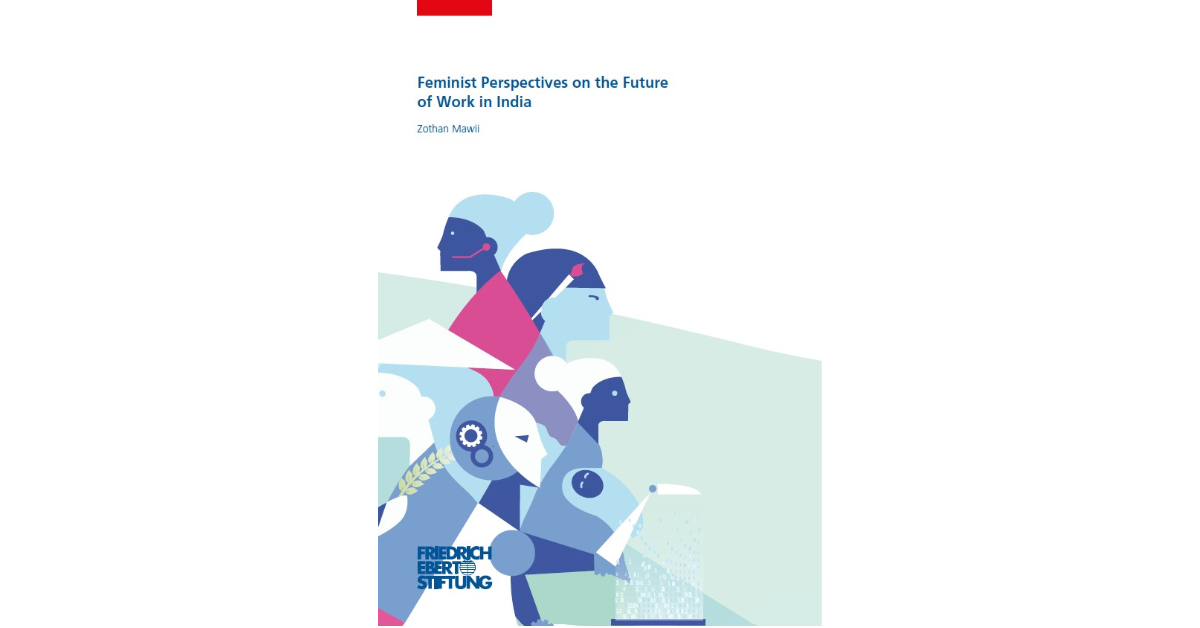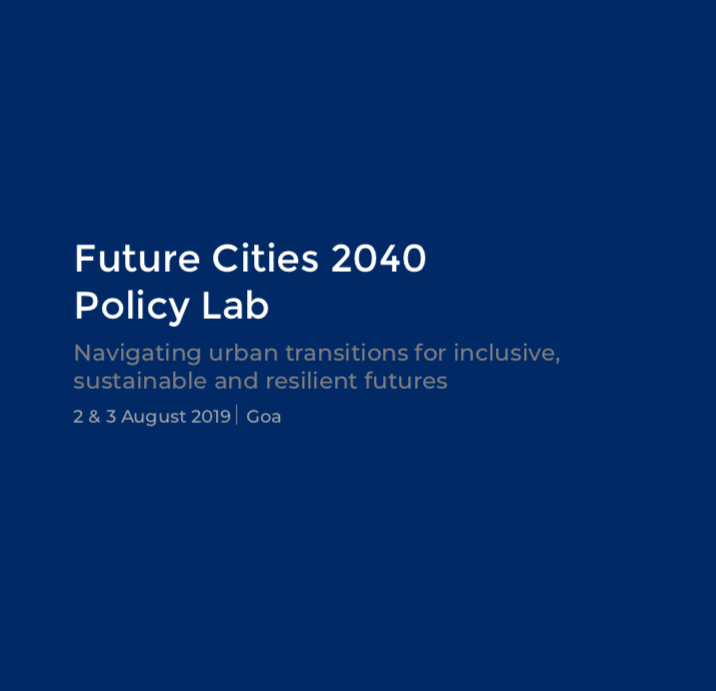Our Publications
Our insights and analysis of sustainable transitions that shape policy narrative and future practice
ALL PUBLICATIONS
This report examines existing and emerging use cases of AI in the education sector in India, and identifies key challenges and risks associated with these use cases.
As the global population reacts to the spread of the coronavirus, it is obvious that people are spending more time online.
This report presents emerging use cases of AI for sustainability in both the global and Indian context.
What impact will emerging technologies associated with 4IR have on the future world of work in Sri Lanka? Who will be the winners and losers and what can governments industry and citizens to do prepare for these challenges?
This Course Handbook from our Monsoon Academy aims to enable individual and group learning on the core concepts, applications and practical toolkit for climate adaptation solutions.
This series of case studies explores the social vulnerabilities that exacerbate climate impacts for communities in three cities: Agra, Delhi and Panaji
Climate change will continue to disproportionately impact vulnerable populations in Indian cities. Policies need to strengthen the agency and capacity of vulnerable communities to absorb, adapt and recover from the adverse effects of disasters without compromising their socio-economic development.
This paper investigates climate change impacts within informal settlements in three Indian cities - Delhi, Agra and Panaji. It shows how vulnerability within these settlements is shaped by a range of social conditions
In looking at how women will fare in the future of work, a feminist perspective is helpful for investigating power structures and processes of marginalization that impact vulnerable groups’ access to the workforce.
The main objective of this Policy Lab on Future Cities 2040: Navigating urban transitions for inclusive, sustainable and resilient futures, was to identify partnerships and to outline a research and advocacy agenda for shaping action on future cities.

